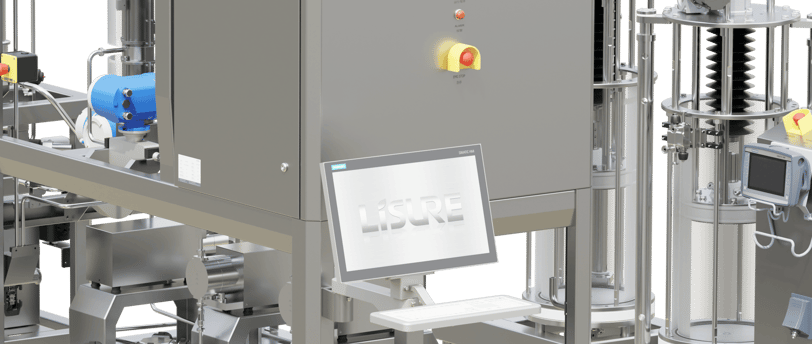Revolutionizing EBA with Non-EBA - The Breakthrough of Recirculating Tangential Flow (RTF) Technology
5/7/20251 min read


Understanding Recirculating Tangential Flow Chromatography
In the ever-evolving landscape of biotechnology and pharmaceuticals, innovation is key to maintaining a competitive edge. One of the most significant advancements is the introduction of Recirculating Tangential Flow (RTF) chromatography. This novel process allows chromatography columns to process unclarified feedstock directly, which has profound implications for operational efficiencies and financial returns.
Operational Advantages of RTF Technology
The operational benefits of RTF chromatography are immediate and impactful. Traditional chromatography methods often require extensive purification processes, including clarification steps that can be time-consuming and costly. With RTF, these preliminary steps are bypassed entirely. This allows for a more streamlined approach achieving all the benefits of streamline EBA without using expanded bed adsorption (EBA), eliminating bottlenecks in production and facilitating quicker turnaround times.
Moreover, by enabling the direct processing of unclarified feedstock, RTF chromatography optimizes the utilization of resources and reduces waste. Companies can achieve significant cost savings while increasing throughput. This advantage is especially pertinent in industries where time-to-market is critical.
Financial Impact and Batch Connectivity
The financial implications of adopting RTF chromatography are equally compelling. By streamlining processes and reducing operational costs, businesses can achieve noticeable savings in their chromatography workflows. These savings stem from fewer raw materials needed and less energy consumed in processing.
Additionally, RTF technology fosters the possibility of connected batches. In traditional setups, batch processing can lead to inconsistencies and quality control issues. However, with the seamless integration offered by RTF chromatography, manufacturers can maintain a more consistent product quality across batches. This connectivity not only enhances product reliability but also builds trust among consumers and regulatory bodies.
The advancements represented by RTF technology signify a pivotal moment in the evolution of chromatography. Businesses should consider the implementation of RTF chromatography as a means to optimize their operations while also reinforcing their bottom line. By embracing this innovative technology, companies can position themselves at the forefront of industry practices, ready to tackle future challenges with confidence.
